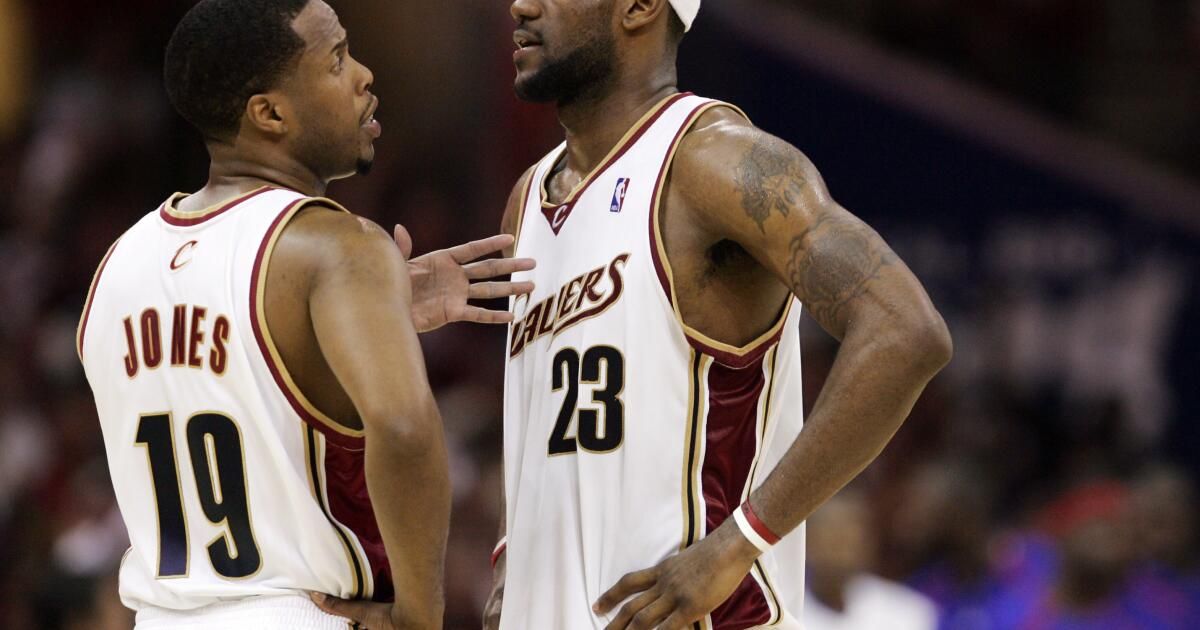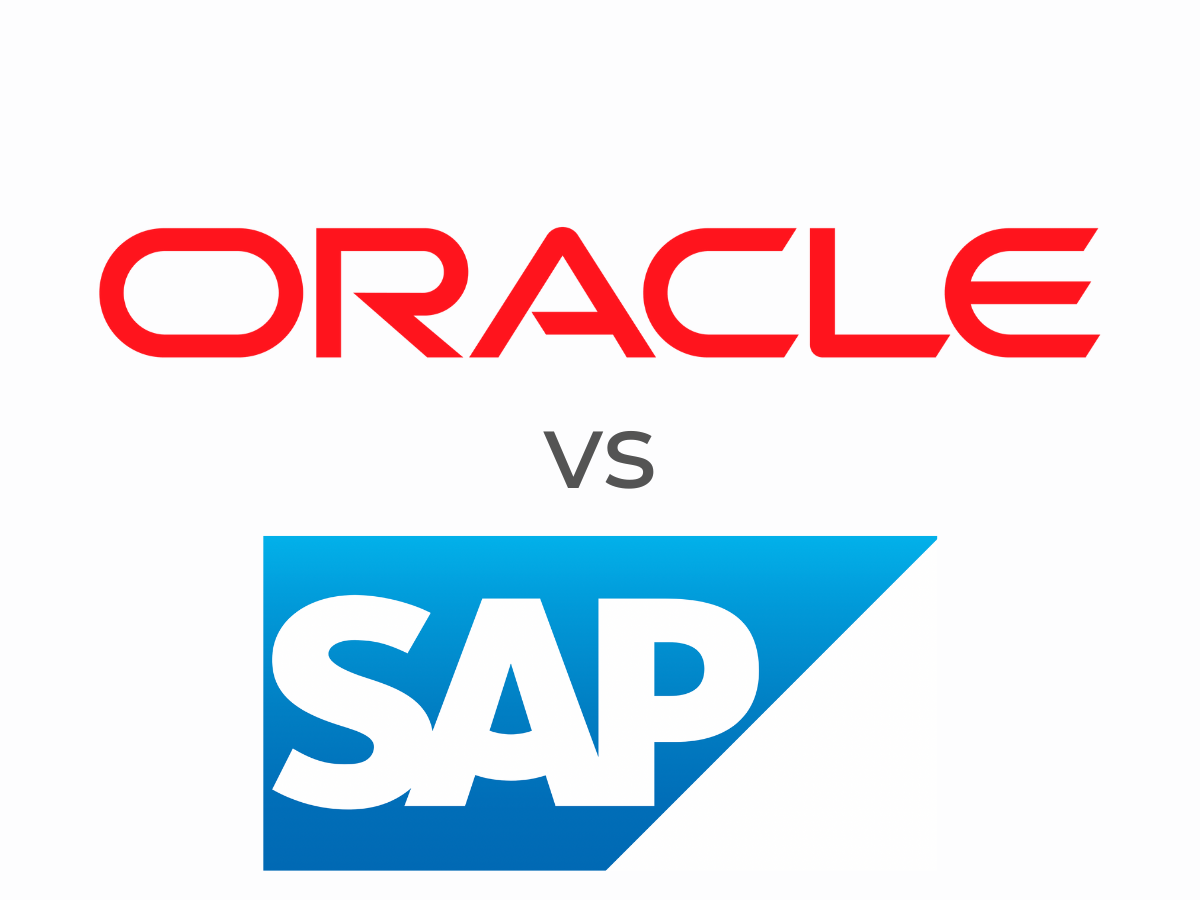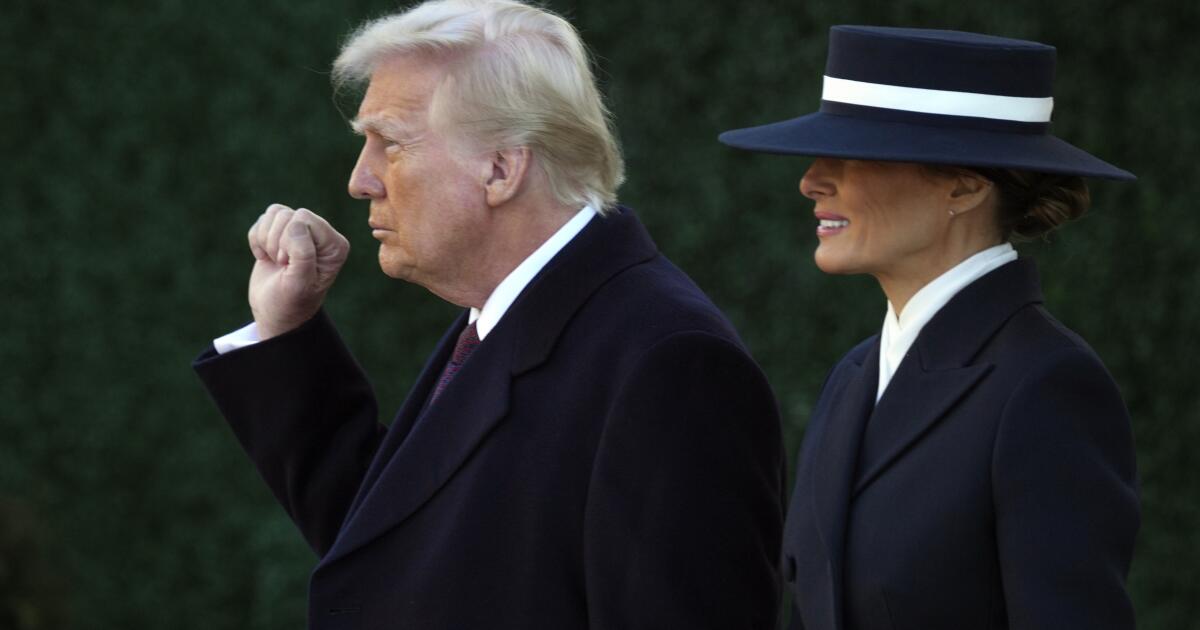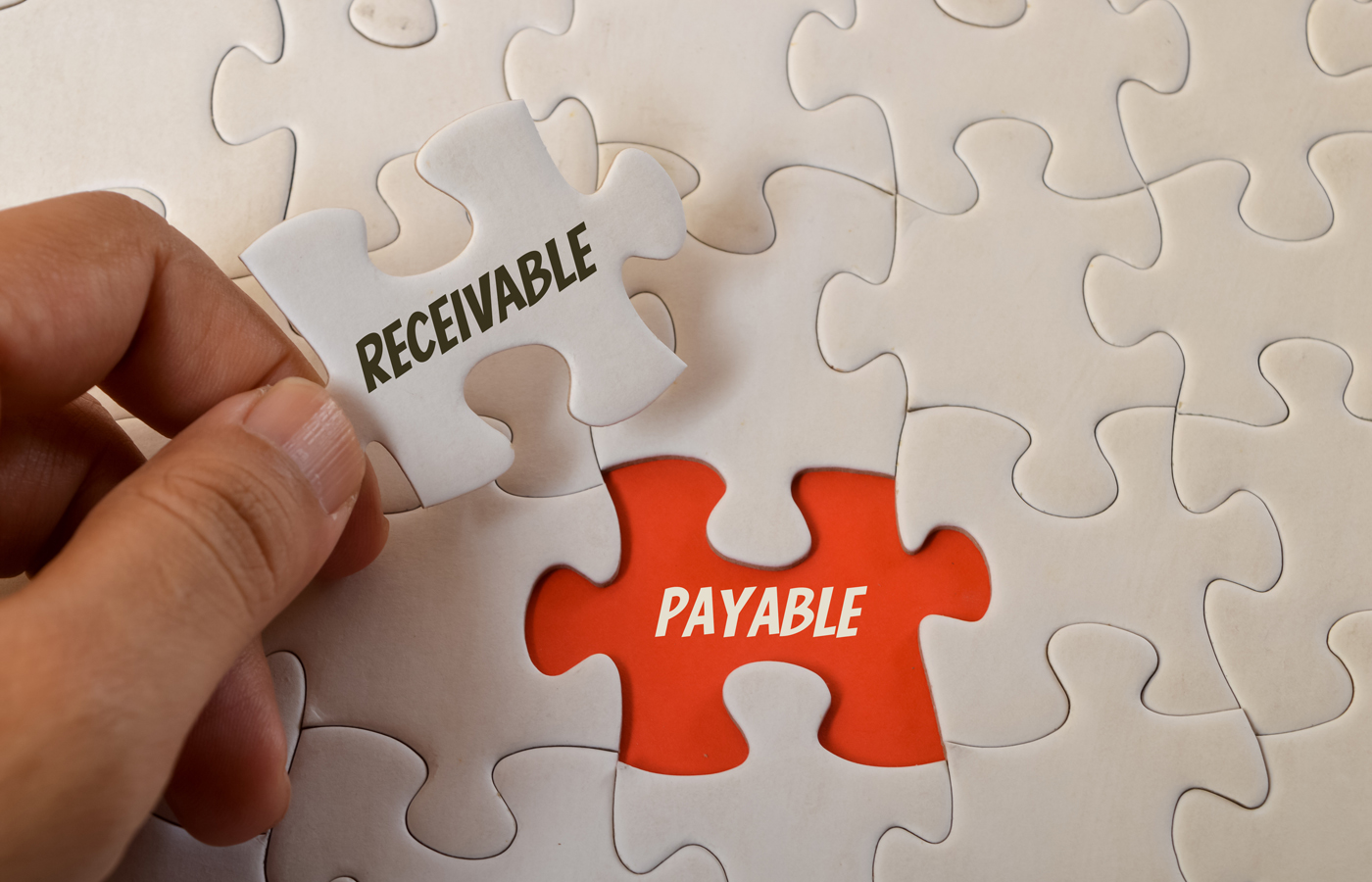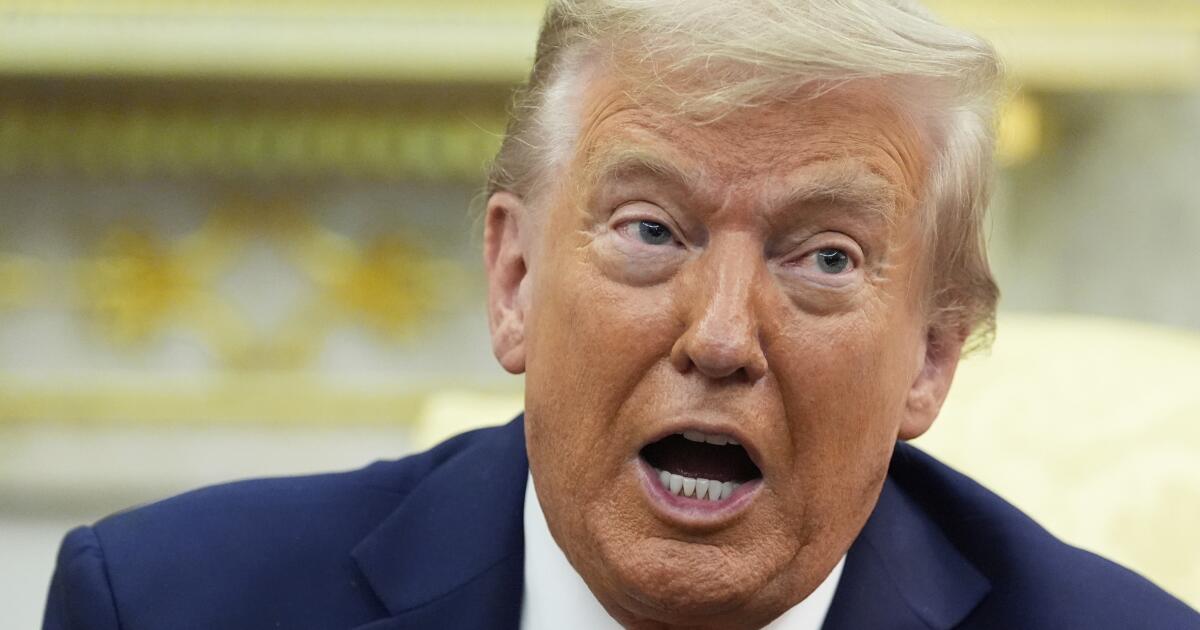The NCAA chose an incredible week to get into the gambling businessNo?
Within 24 hours of approving a rule change that will allow student-athletes and athletic department staff to bet only on professional sports, the FBI arrested more than 30 people in connection with a major sports betting and gambling scheme. The level of sophistication alleged in a 22-page indictment reads like a Scorsese script with four New York mafia families, a current NBA player and a head coach all allegedly involved.
For Adam Silver, commissioner of the NBA, the news and the arrests are a public relations nightmare.
But for the NCAA it is a warning.
Since a 2018 Supreme Court ruling paved the way for sports betting, more than 35 states have legalized it, so I understand why the industry no longer feels dirty. But the governing body for more than half a million young athletes must remember that nothing will clean up that industry.
A century ago, the Black Sox scandal nearly destroyed baseball in the United States. One hundred years later, we discover that 16 professional tennis players, including a US Open champion, were fix matches for gambling syndicates in Russia and Italy. In between, Pete “Charlie Hustle” Rose receives a lifetime ban for betting on baseball games as a coach and Tim Donaghy, an NBA referee, is arrested for betting on games. Last year, former NBA player Jontay Porter was discovered to have placed several bets on games using someone else's account. We call him “ex” because the league suspended him for life.
So if NCAA officials believe it's too burdensome to enforce its current ban on gaming (it's investigating multiple violations at multiple schools), imagine what life would be like within the organization without some form of deterrence.
In fact, no imagination is required. Just read the indictment filed by the United States District Court for the Eastern District of New York. The FBI alleges that the game plan began in 2019, operated in 11 states and involved crime families with origins dating back more than a century.
According to documents, hidden cameras, programmable card shuffling machines and X-ray tables were among the pieces of technology used to steal tens of millions from victims during rigged poker games. Among those allegedly involved in the scheme was Chauncey Billups, Hall of Fame player and head coach of the Portland Trailblazers. Authorities said Billups, who led the Detroit Pistons to the 2004 championship, used his celebrity to attract victims. Additionally, the FBI said Damon Jones, a former Lakers player and assistant coach, shared inside information about LeBron James' health with betters in 2023. Terry Rozier, an active NBA player with a $100 million contract, was also arrested.
Now consider this: There are approximately 40,000 young men and women playing NCAA basketball and about 8,000 head and assistant coaches who run teams. How sure are you that March Madness won't take on a different meaning if coaches and players are allowed to bet on games and are underwater? A recent UC San Diego study found that internet searches seeking help for gambling addiction increased 23% between 2018 and June 2024.
And while it's true, the new rule maintains a ban against student-athletes and coaches betting on college sports (so there are some barriers against game-fixing), but biased outcomes are just one of the potential harms of gambling. The International Tennis Federation found that angry players accounted for 40% of social media attacks directed at players, with several threats credible enough to be sent to the FBI. And there is already evidence that college students who are not athletes are. using student loan money to place betsand a 2023 NCAA survey found that 14% of American youth ages 18 to 22 gamble at least a couple of times a week.
Another 16% use a betting house.
I repeat: a bookmaker.
This seems like a tragedy we can all see coming.
And are we to believe that the NCAA will be equipped to protect student-athletes from predators when the mob is said to be using professional athletes and X-ray machines to steal from card players who are supposed to know better? The human brain's decision-making process doesn't fully develop until a person is 25 years old, and the NCAA just voted to allow 18-year-olds with “name, image and likeness” money to go into deep water with sharks.
Given what just happened in the NBA this week, the responsible move for the NCAA would be to pause the rule change, which goes into effect Nov. 1, and reassess the risks. It's one thing for sports betting to cost a professional athlete his career. It would be worse to see addiction or debt obligations steal a young person's future before it begins.
YouTube: @LZGrandersonShow

